Here at The Excelsis School of Music, we nurture and develop our pupils to encourage them to explore their full musical potential.
Based in North London, our music lessons cover professional instrumental training, music theory, and musicianship, both individually and in small groups, for any ages at any level. All teachers at our music school are highly-qualified, DBS-checked music educators with extensive experience. With our unique approach to teaching and learning, we’re proud to say that our pupils have always enjoyed learning with us and achieve excellent examination results.
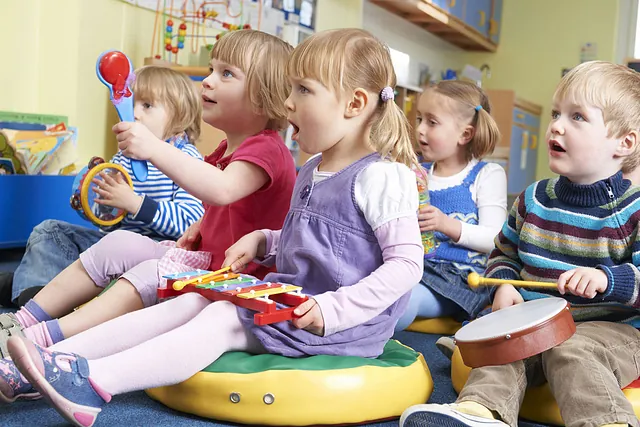
Music for Babies & Toddlers introduces little ones to the joy of sound through playful songs, rhymes, and movement. Engaging with music at this stage fosters early brain development, enhances language skills, and nurtures emotional bonding. Simple rhythms and melodies stimulate sensory exploration, encouraging curiosity and coordination in a fun, supportive environment.
A parent is required to remain with their child throughout the class to enjoy quality learning time together!
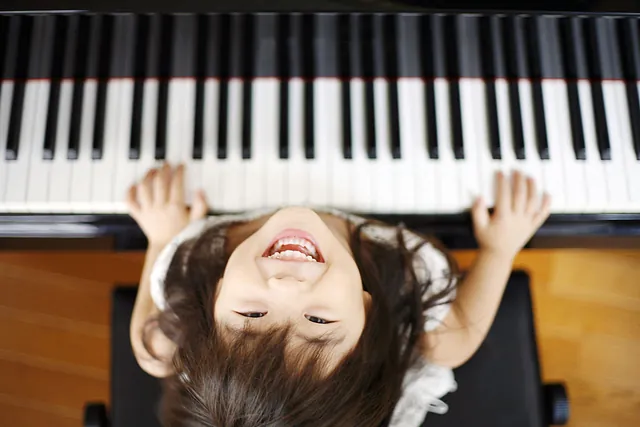
For Young Musicians, music is a vibrant way to spark creativity and build confidence. Learning an instrument or singing helps develop fine motor skills, discipline, and teamwork through group activities. Music encourages self-expression and cognitive growth, making it a fun and rewarding journey that inspires a lifelong love for the arts.

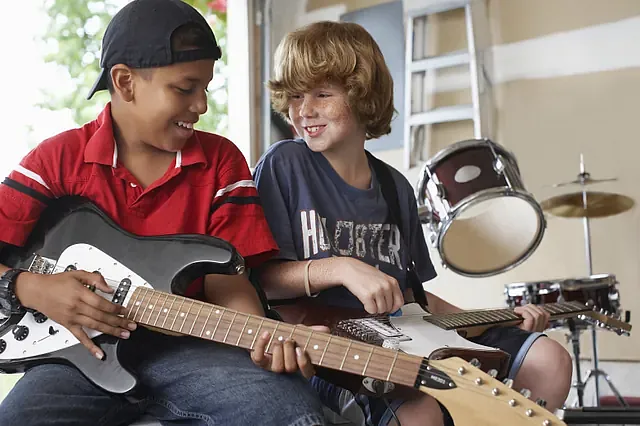
Music for Tweens & Teens offers a dynamic outlet for self-discovery and emotional expression. Whether through playing instruments, songwriting, or performing, music helps navigate the complexities of adolescence, building resilience and social skills. It fosters creativity, boosts confidence, and provides a sense of belonging in a rapidly changing world.
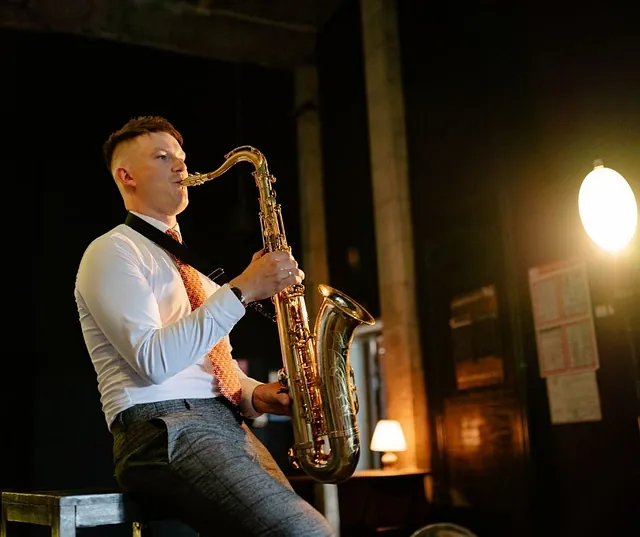
For Adults, music is a powerful tool for personal growth, stress relief, and connection. Learning an instrument or exploring vocal techniques enhances cognitive flexibility, improves focus, and provides a creative escape from daily routines. Music cultivates mindfulness and community, enriching lives with new skills and meaningful experiences at any age.


Aspiring teenagers may have their own preferences in certain musical styles and genres. Those who wish to continue to work towards music exams will be able to do so under the tutelage of our experienced team of teachers to an advanced level. For those who simply wish to play for pleasure may opt for playing music from other genres.
The possibilities are endless. instrumental lessons are available in the following disciplines:
Piano | Violin | Flute | Harp | Guitar | Clarinet | Oboe | Saxophone | Bassoon | Recorder | Singing


More Information Coming Soon!
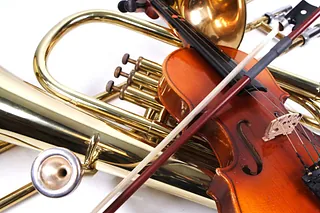
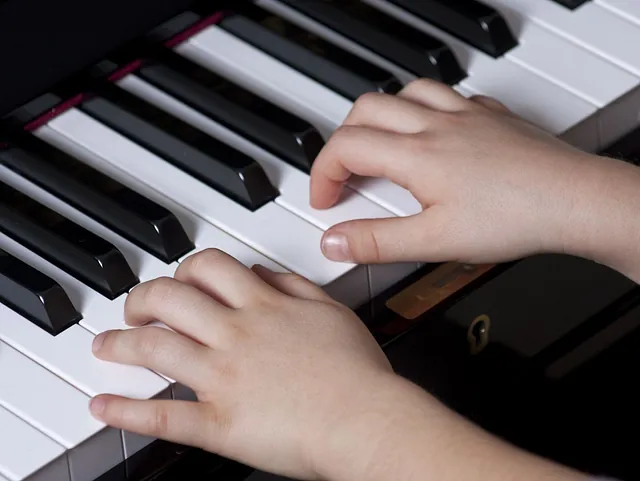
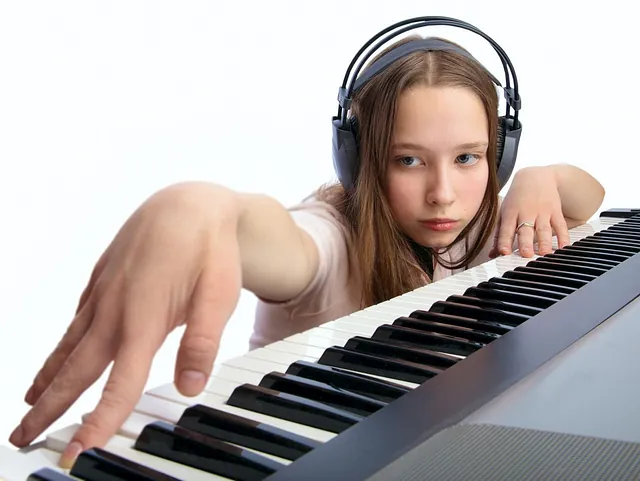

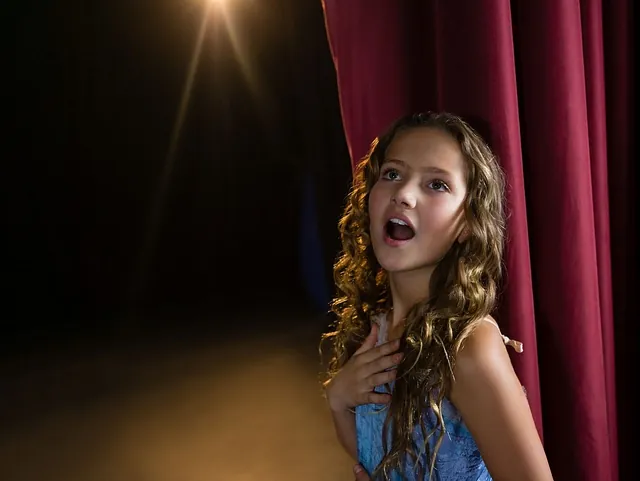
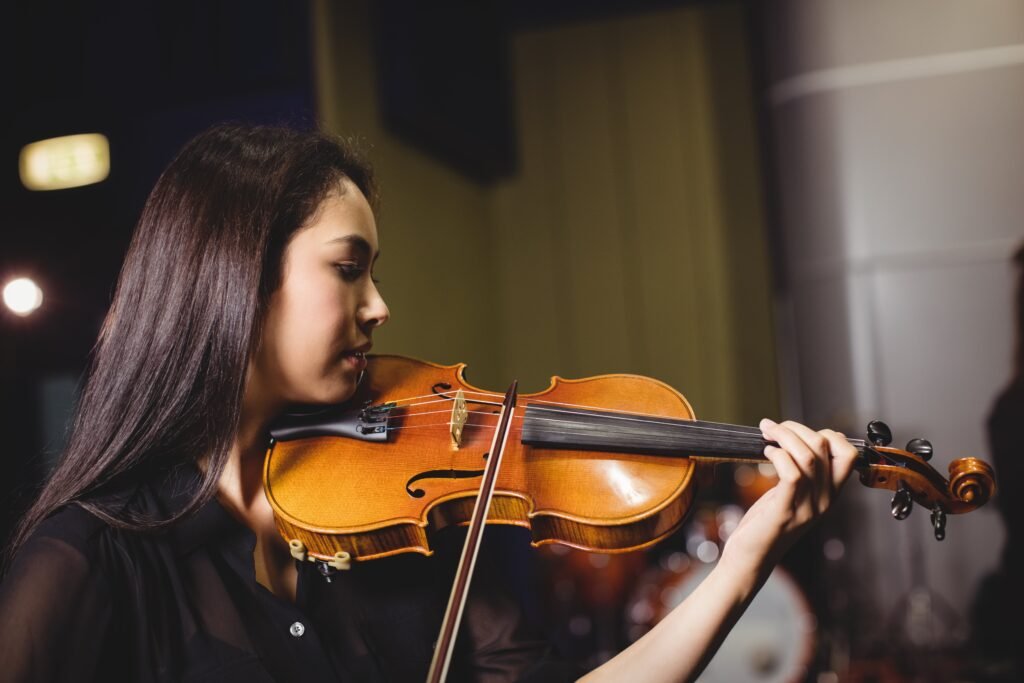
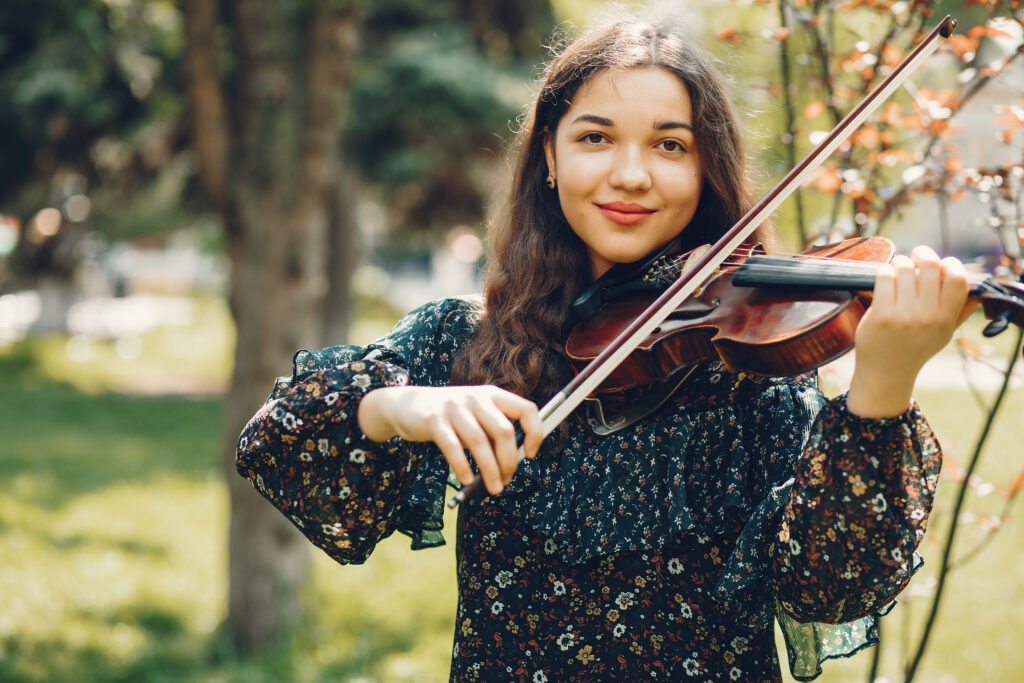
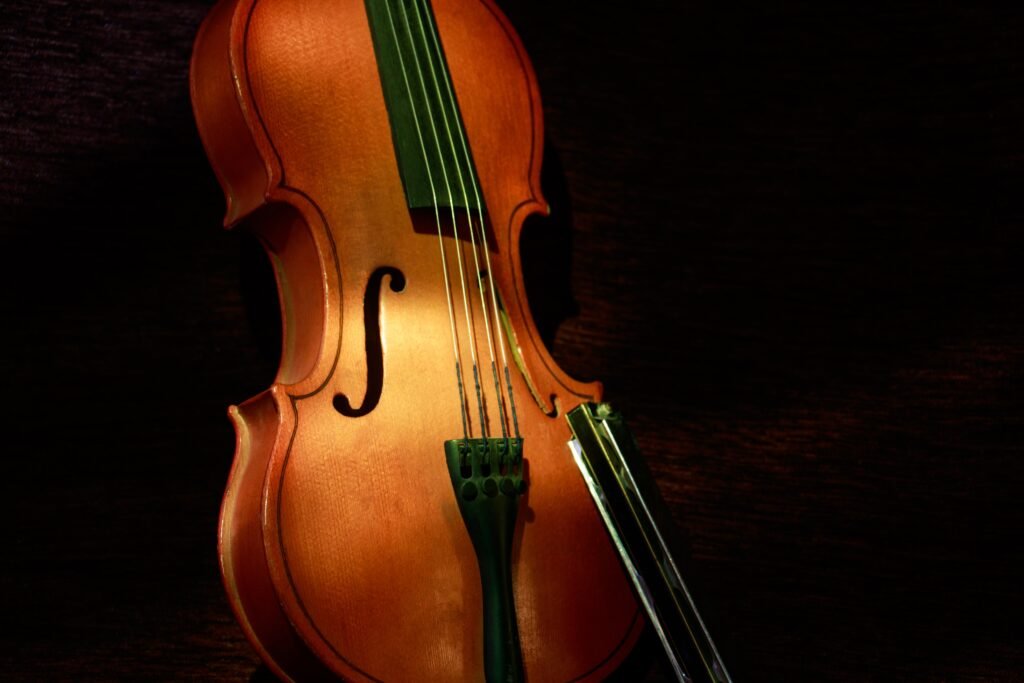
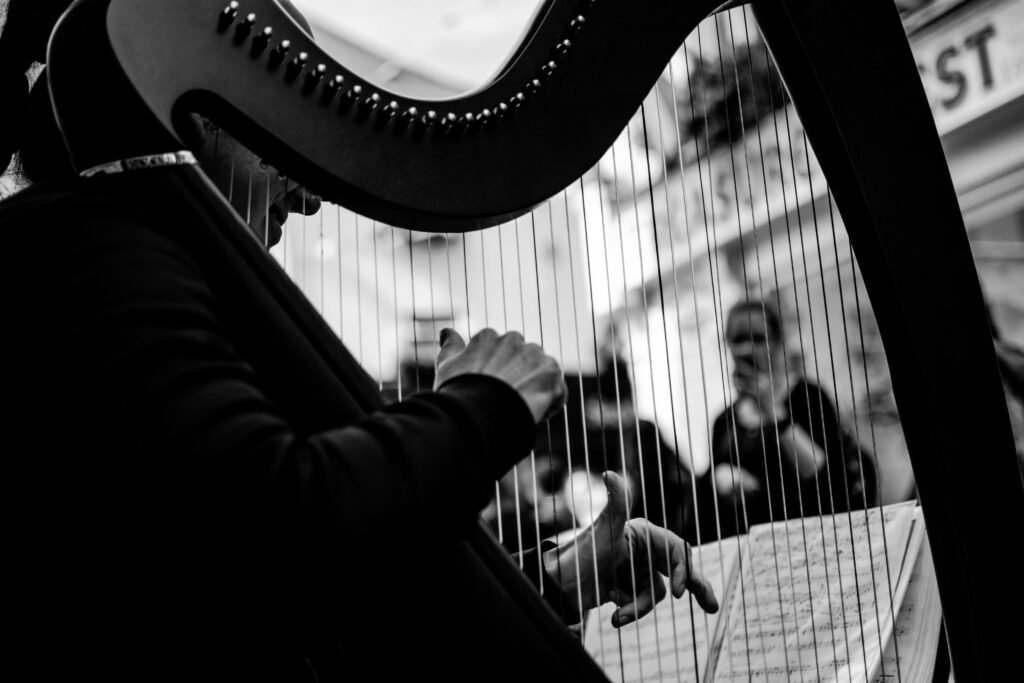
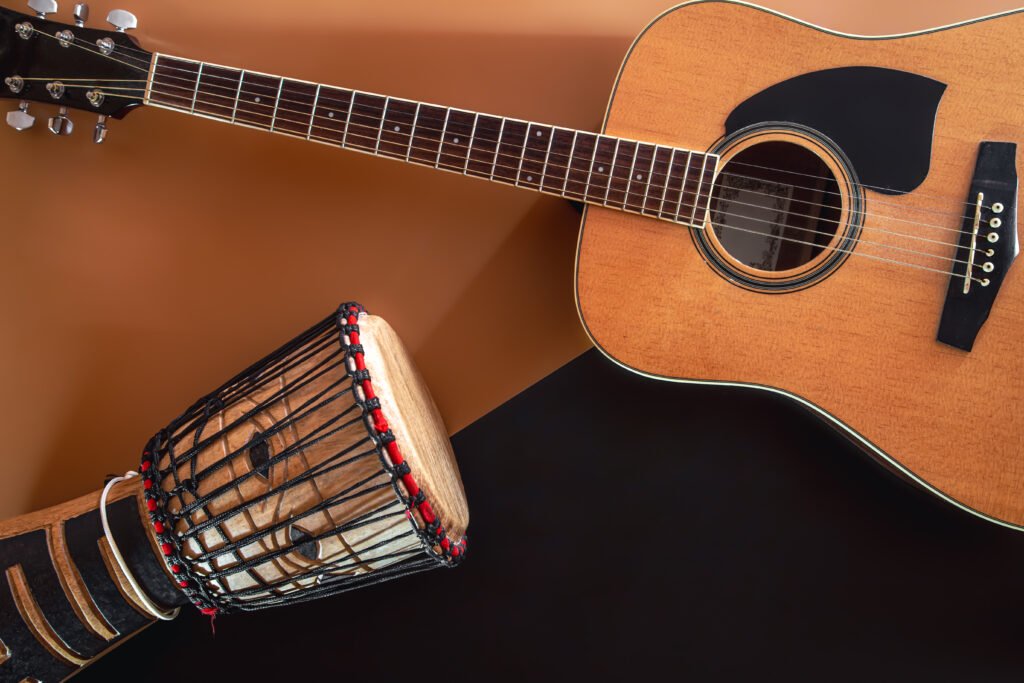

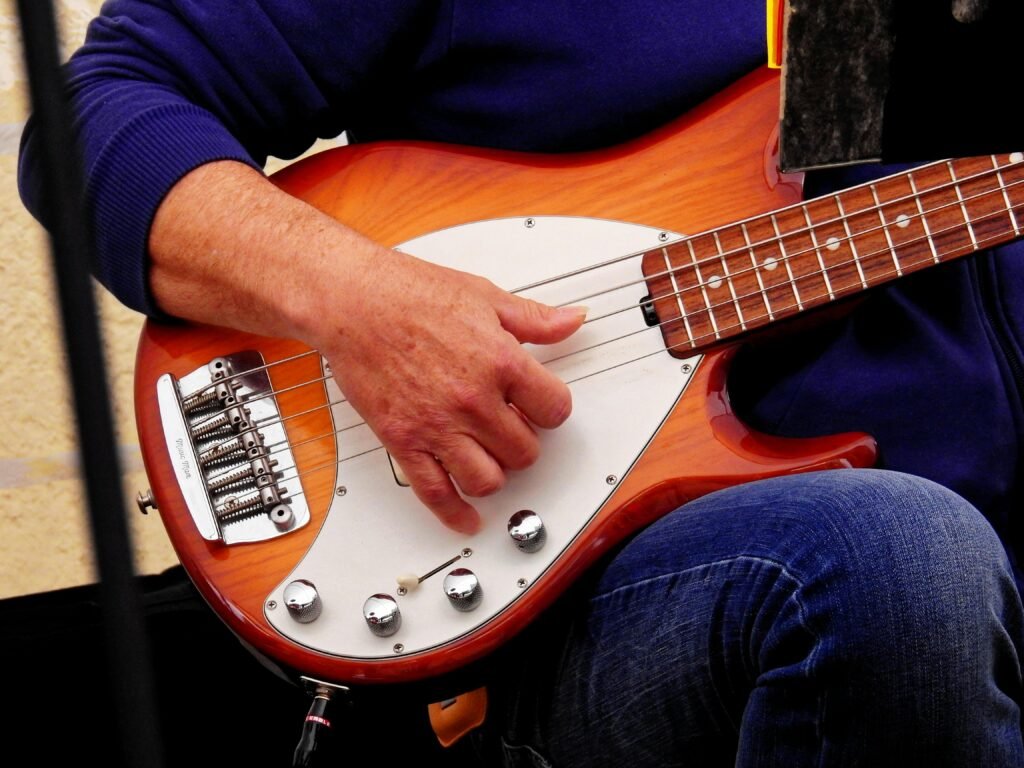
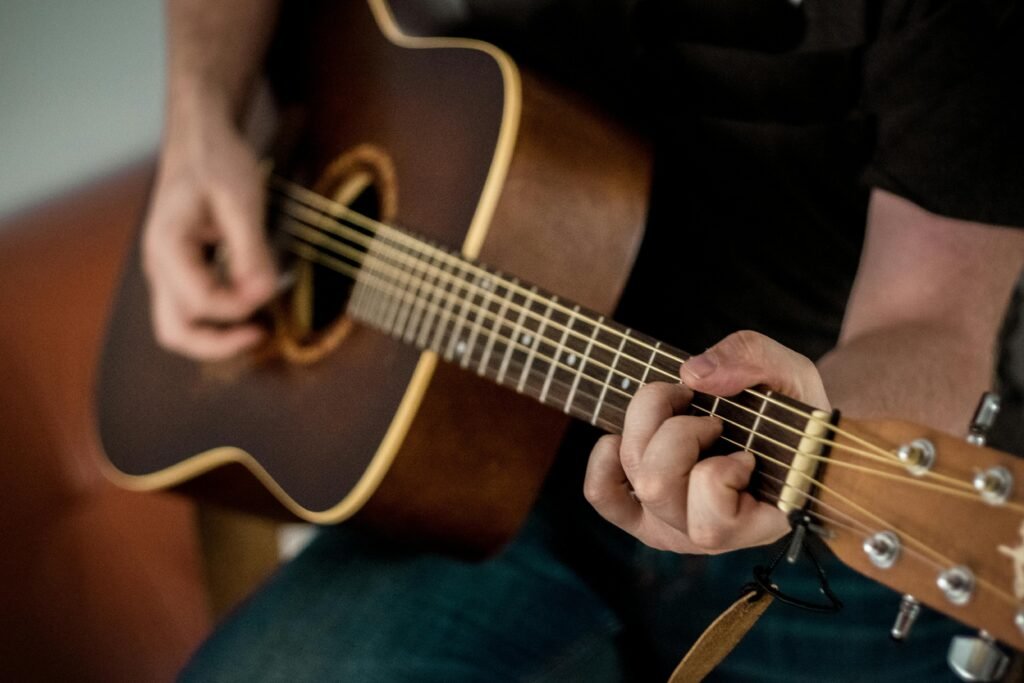
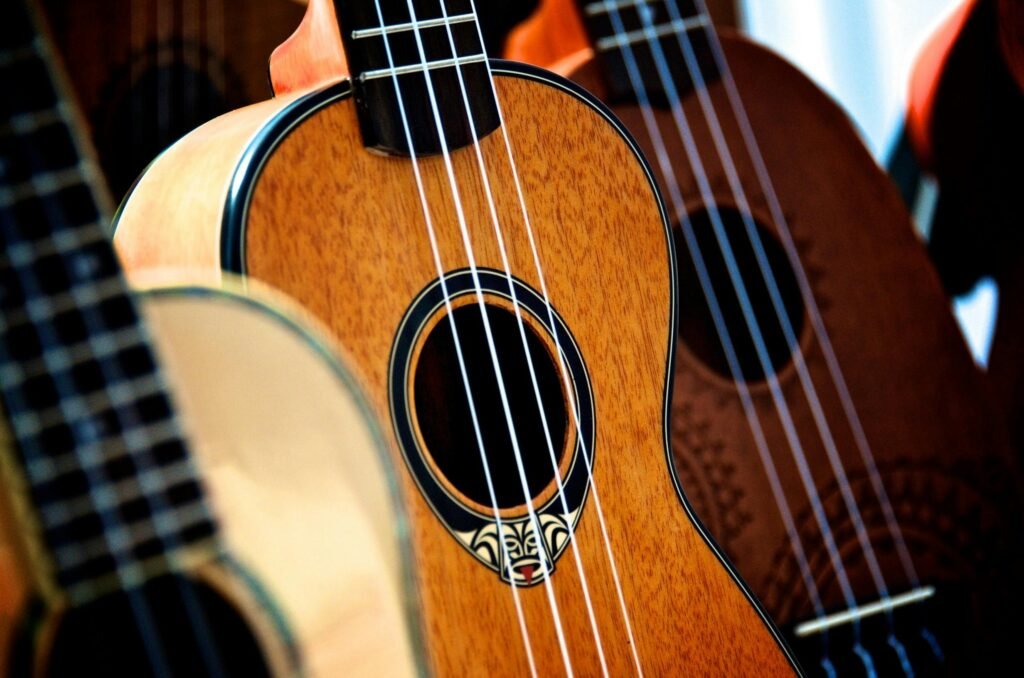
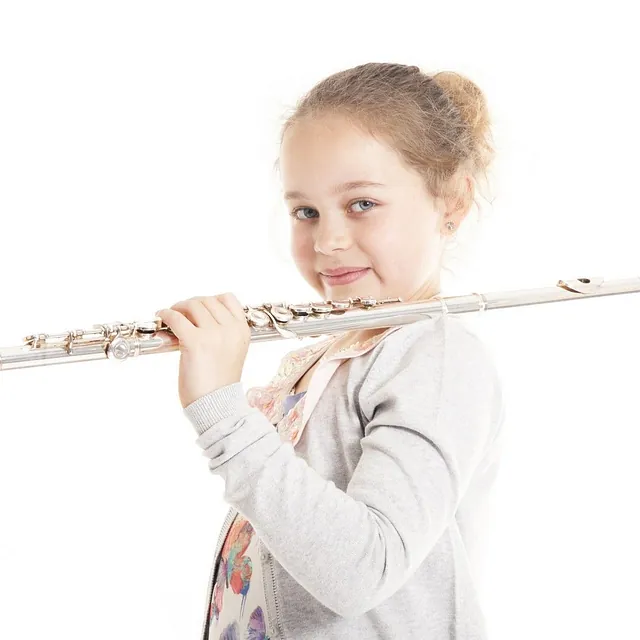
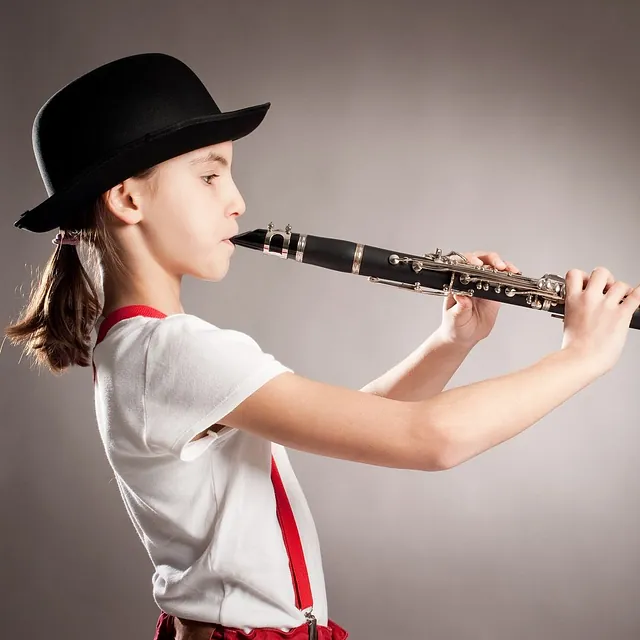
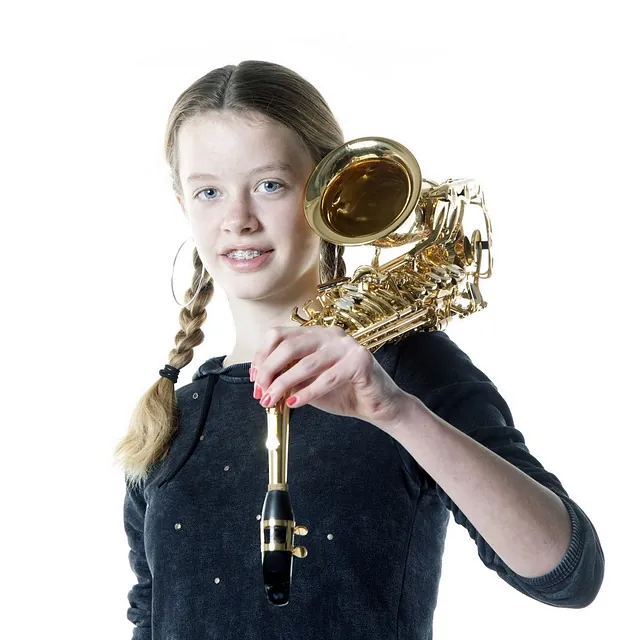
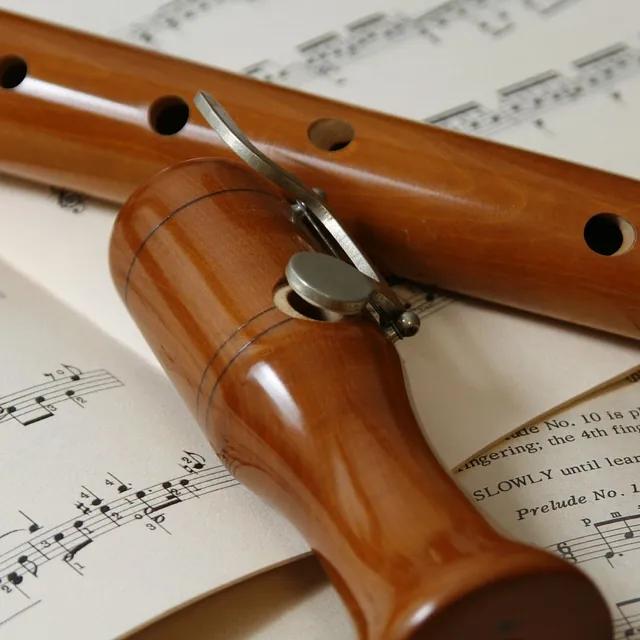
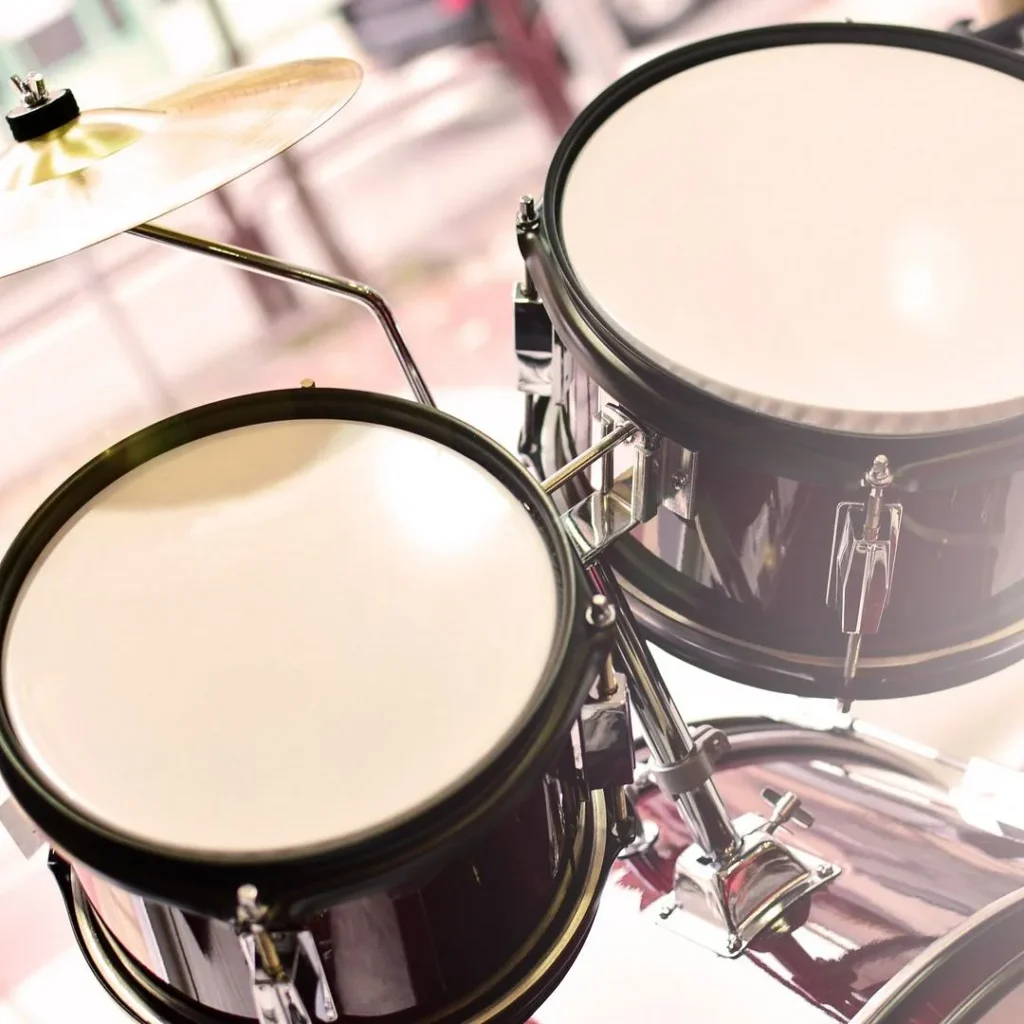
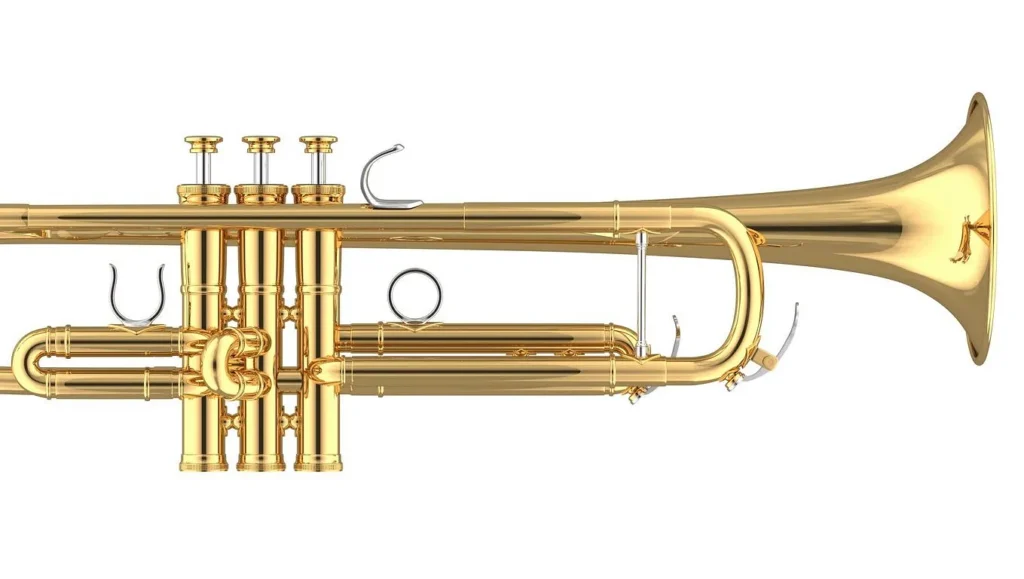
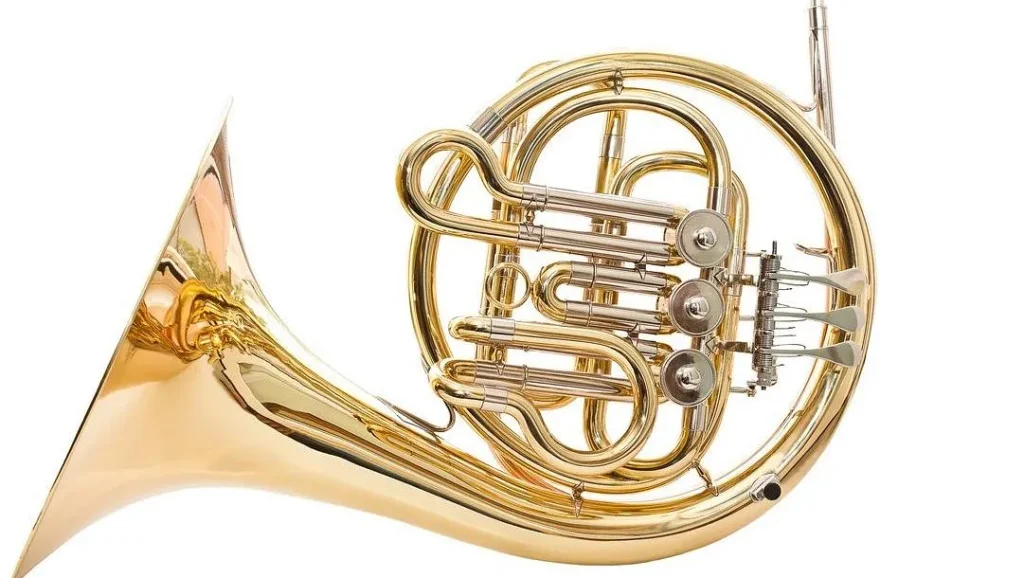
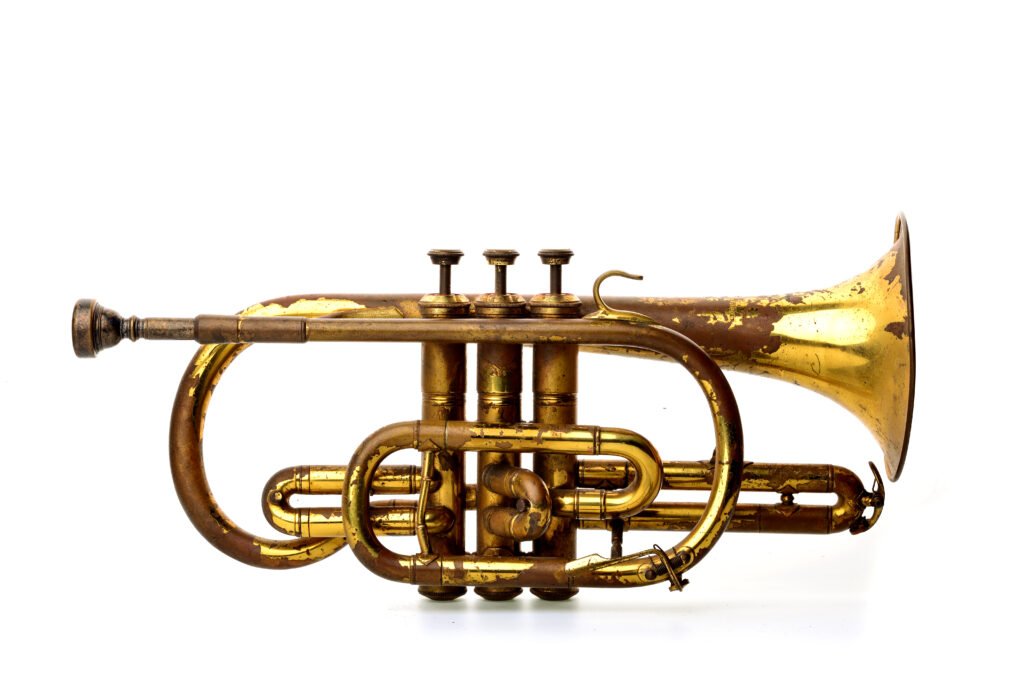
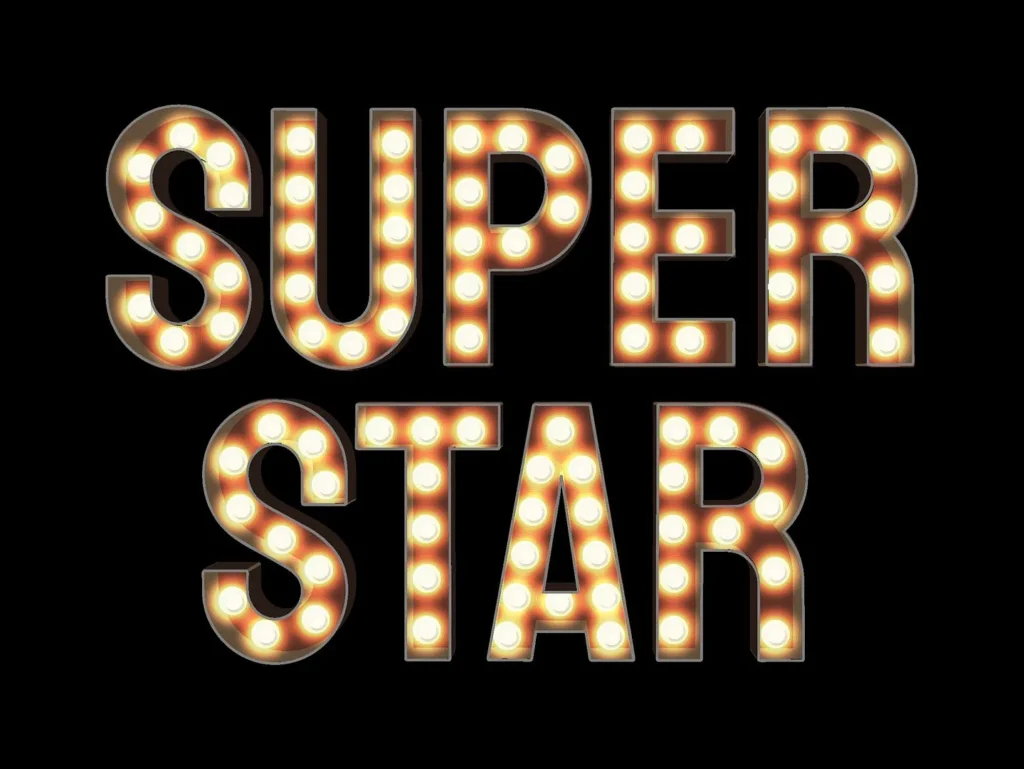
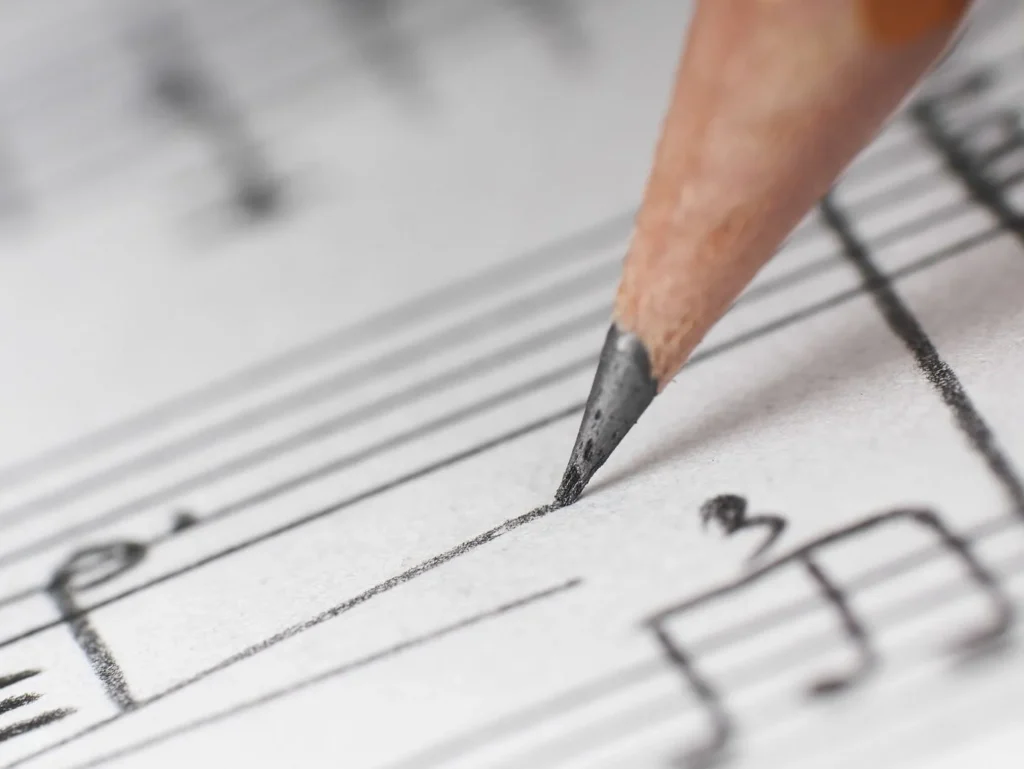
Music Theory: Music theory is the study of the principles governing music, including notation, scales, chords, rhythm, and harmony. It serves as the foundation for understanding and creating music across all instruments and genres. Learning music theory is intellectual, requiring analytical skills to read, write, and analyse musical structures. Its essential nature lies in providing a universal language for musicians, enabling composition, improvisation, and deeper appreciation, though it demands patience to grasp its abstract concepts.


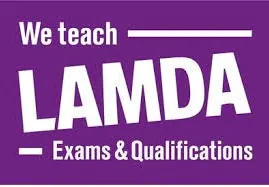

While pupils focus mostly on working at technical playing at an individual level, our musicianship classes offer excellent opportunities for them to work together to enhance their listening and ensemble skills at a different level. Pupils of similar abilities are taught in small groups working on aural training exercises which would not be possible in the individual lesson setting otherwise. This is considered to be a very effective way to complement individual instrumental lessons helping them to develop as well-rounded musicians. It is particularly useful when it comes to graded exams where all aspects of musical skills are tested.
Whatever path a young musician takes on their learning journey, musicianship skills are crucial. Our musicianship classes for teenagers focus on developing their skills as musicians through singing and ensemble playing. If appropriate, our teen musicians will be offered opportunities to work with younger learners, utilising their musical skills to develop their leadership abilities.
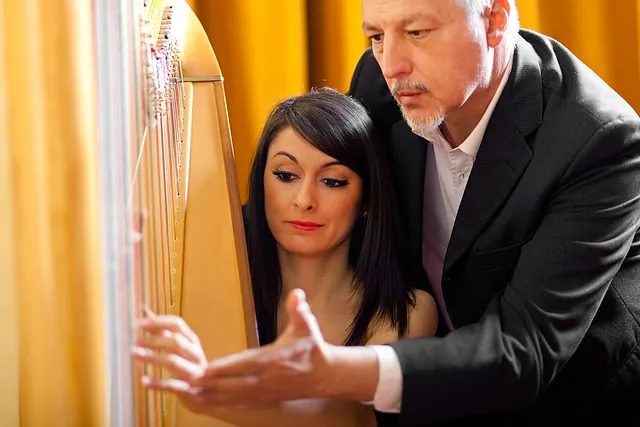
In Dalcroze Eurhythmics, music is experienced through movement – the teaching and learning process engages body, mind and emotion.
Contemporary research demonstrates that whole-body movement is an effective way to enhance musicianship, improve co-ordination and concentration, and develop the skills needed to be a good performer.
Studying physically, in a group setting, increases confidence, refines the ability to sense and analyse music, and develops auditory memory, communication, expression, and creativity.
• Dalcroze Eurhythmics uses movement as a tool for gaining a deep understanding of the elements of music.
• It places practice before theory and encourages experience and discovery. It improves rhythmic expression, aural perception, sight-reading skill, and creative confidence.
• Dalcroze Eurhythmics is taught alongside instrumental lessons and ensembles at the Guildhall School of Music and Drama, Trinity Laban, Royal Welsh College of Music & Drama, Royal Northern College of Music, Birmingham Conservatoire & the Royal College of Music
• Rhythms, dynamics, accents, metre, phrasing are all learned primarily through movement or ‘through the body’
• Lessons include games and exercise which children love!
• Dalcroze develops the imagination in children and allows them to discover the joy of music
• Lessons include individual, paired and group work encouraging cooperation
For further details about Dalcroze Eurhythmics, visit https://dalcroze.org.uk/
More Information Coming Soon!
CONTACT our music school today to book music lessons in London.